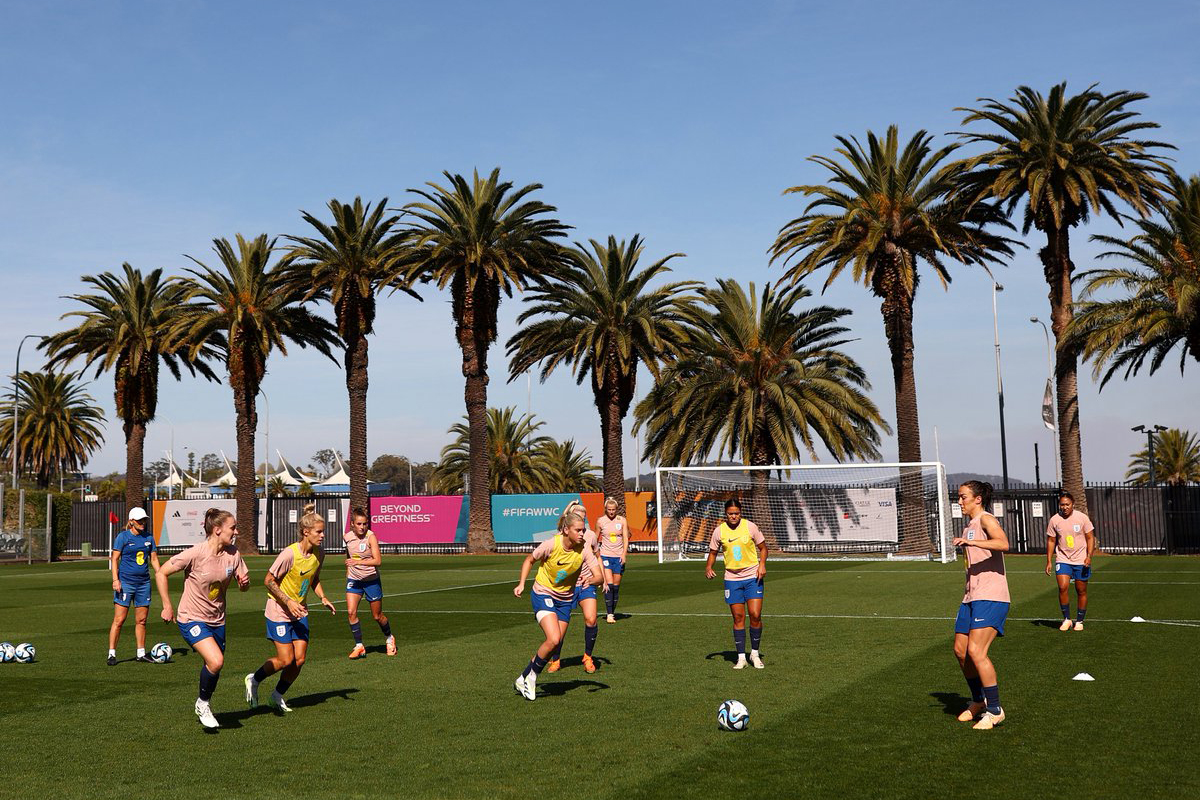What does the college soccer recruiting journey look like for high school students? When does the journey begin? Are juniors and seniors too late? What are the most important aspects of recruiting during each year of high school? Here is a general guide for the freshmen and sophomore years of high school soccer:
 Academics:
Academics:
GRADES GRADES GRADES! Keep your grades up so your grade point average has a nice cushion later in high school. However, do not stress if you don’t have a 4.0 straight-A average through your first 2-4 semesters of high school! Many college coaches, especially the ones who are parents and who have been coaching for decades, know that many students (boys, especially) tend to get better grades later in high school.
Take the PSAT (practice SAT test) during your sophomore year to see if you can qualify for a National Merit Scholarship. College coaches LOVES recruits who bring in academic scholarship money — it allows their athletic scholarship money to go farther!
Athletics:
As for soccer, don’t worry too much about getting on coaches’ radar screens. If you’re a standout “blue chip” soccer player, coaches will find you, and you’ll know that they are interested. If you’re not one of those players (most aren’t), don’t fret. There is plenty of time later in high school, when you’re stronger and faster, to get the attention of college coaches. Keep enjoying the sport, keep improving, and get yourself on a team at a club where your coaches and club staff are serious about college recruiting — that will set you up nicely for the later years in high school, when recruiting becomes more intense.
College:
Take the time during school breaks to visit college campuses to see what you like. Do you like big schools? Smaller schools? Urban colleges? Rural settings? Religious colleges? Take campus tours and soak it all in without feeling like you have to choose a college now — you’ll look back on these tours later and miss the care-free feeling you had during these years! Many college soccer programs also offer one-day ID camps that are affordable. Attending these camps on campus will give you a feel for the coaching staff and the playing style of the team. Those coaches will be looking mostly at the juniors and seniors at the camp, so this is a great time to relax and enjoy time on the field without a lot of stress. Later in high school, when the coaches are watching you more closely, you won’t be as nervous because you’ve already been to a few camps and gotten the “jitters” out.
Keeping your recruiting journey organized is very important. Keep a notebook, binder, journal or a spreadsheet organized with notes for every school you’ve considered or visited. As your list gets longer, you’ll want to have an organized method to keep track of these schools and the soccer programs.
Enjoy these years! Keep playing, and appreciate every day that you get to put on your boots and play the beautiful game. Stay tuned for the next article in this series, focusing on your JUNIOR year of high school.





